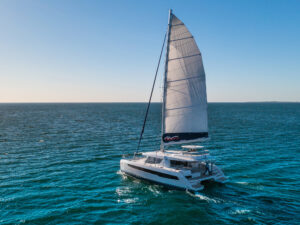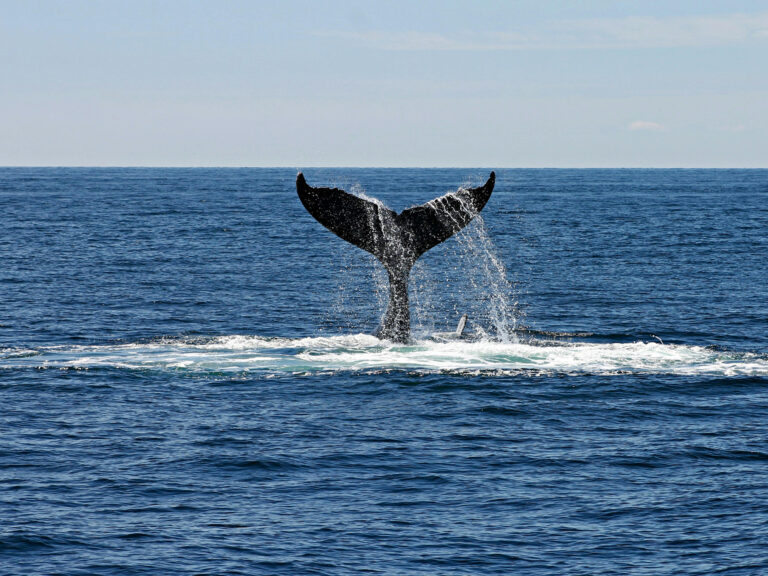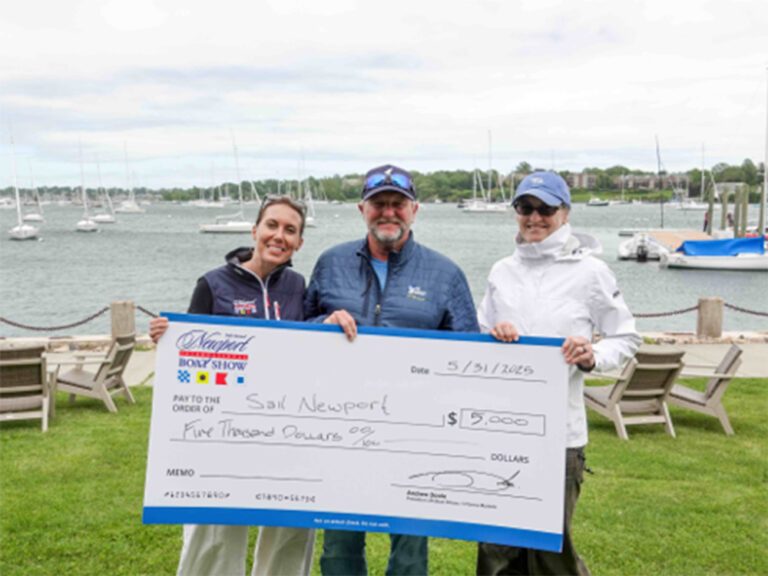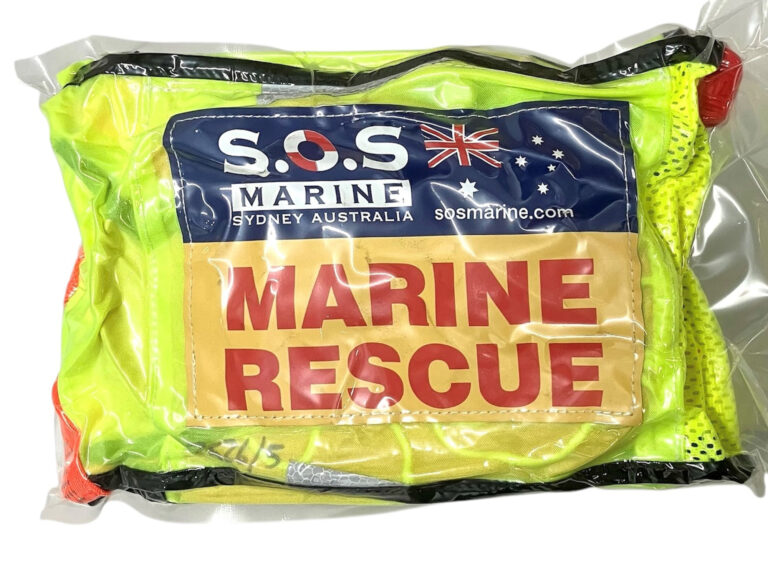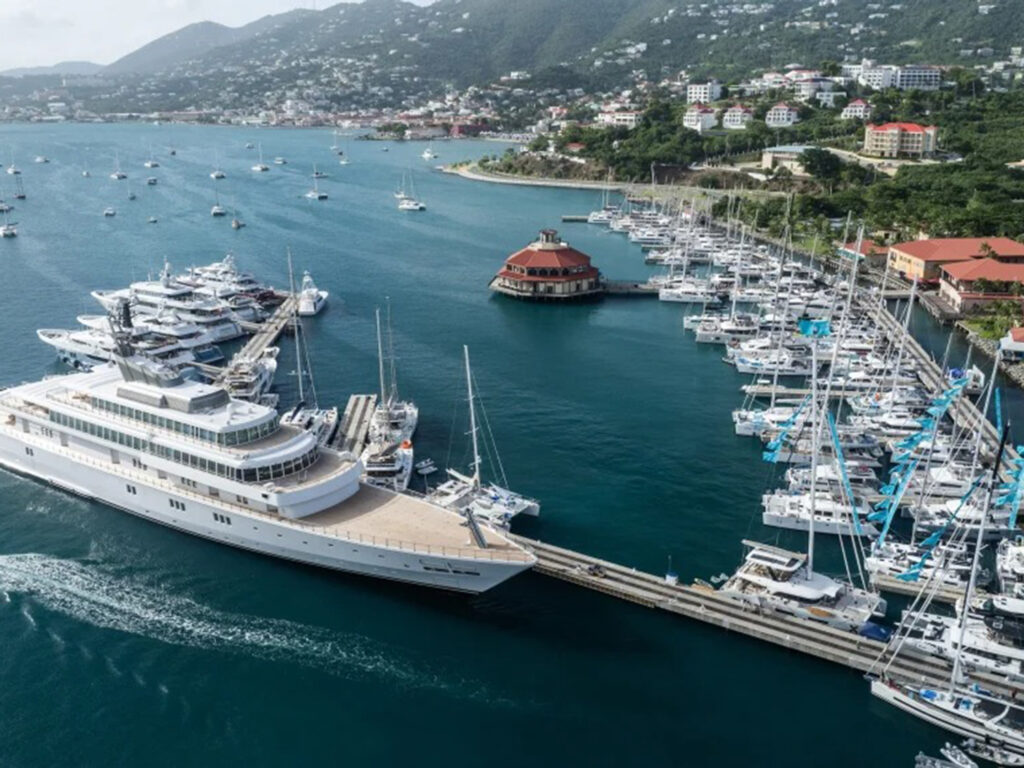
St. Thomas, U.S. Virgin Islands — Tensions are rising between neighboring territories in the Virgin Islands as the Virgin Islands Professional Charter Association (VIPCA) urges the U.S. Virgin Islands government to implement reciprocal licensing measures in response to recent fee increases by the British Virgin Islands.
The controversy stems from a decision by BVI authorities to impose significantly higher licensing fees on U.S.-based vessels conducting charter business in BVI waters. The new measures, part of the Commercial Recreational Vessels Licensing (Amendment) Act, 2025, have sparked concern among U.S. Virgin Islands operators who argue that the increased costs are punitive and threaten the regional charter industry’s cooperative foundation.
In a public statement, VIPCA described the BVI’s move as “short-sighted and unfortunate,” claiming that the new regulations place an unfair burden on USVI-based charter vessels. In response, the organization is calling on the USVI government to take action by enforcing existing laws more rigorously and implementing reciprocal fees and compliance requirements for BVI-based vessels entering USVI waters.
Concerns Over Economic Impact
VIPCA points to the size and significance of the marine tourism industry in the USVI, which it says supports more than 5,000 jobs and contributes over $166 million annually to the local economy. The association warns that without intervention, businesses may be forced to relocate to the BVI, creating ripple effects across a wide network of supporting industries including marinas, mechanics, grocery stores, restaurants, and hospitality services.
“The USVI charter industry is at risk,” VIPCA said. “Every vessel that relocates to the BVI or day charter business that shuts down means not just the loss of that operation, but impacts across the entire maritime supply chain.”
The association has outlined several steps it believes the USVI government should take immediately, including:
- Imposing matching licensing fees and access restrictions on BVI-based charter vessels
- Requiring proof of U.S. customs clearance for all foreign vessels prior to passenger embarkation or disembarkation
- Enforcing compliance with U.S. Coast Guard crew credentialing and vessel safety requirements
- Mandating the use of the U.S. eNOA/D arrival and departure system
A Call for Cooperation—or Competition?
While the BVI government has not publicly responded to VIPCA’s latest statements, officials there have defended the fee increases as part of broader efforts to strengthen oversight and regulatory compliance within their waters. The BVI’s charter sector has also grown significantly in recent years, with local stakeholders pushing for policies that ensure more direct economic benefit to the territory.
Some in the region worry that a tit-for-tat regulatory approach may damage long-standing cross-border tourism ties. For decades, charter boats have freely cruised between the USVI and BVI, offering visitors seamless itineraries that span both territories.
VIPCA, while advocating for reciprocity, also emphasized its preference for a collaborative future. The organization has proposed the concept of a “Greater Virgin Islands Sailing Zone”—a joint initiative between the BVI and USVI to streamline regulations and foster shared maritime prosperity. But for now, VIPCA says, the BVI’s decision to act unilaterally has forced the USVI to respond in kind.


